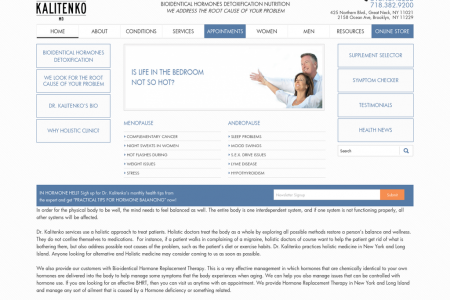
Access to malaria treatment
How Africa's evolving socio-economic landscape is changing access to malaria treatment A continent at odds While poverty and disease remain major challenges in Africa, many parts of the continent have witnessed a dramatic economic expansion over the last decade. 6/10 7/10 Six of the world's ten fastest-growing countries over the last decade were in Africa. By 2015, Africa will be home to seven of the world's ten fastest-growing economies. 5% The IMF predicts more than 5% economic growth in Sub-Saharan Africa in 2013. In 2010, more than 80% 216M of 216 million estimated cases of malaria and o×1 million x100,000 90% of 655,000 estimated deaths occurred in Africa 655,000 $. 2$ USD126 This is what malaria costs Africa in lost productivity each year. A growing middle class 30% Economic expansion has given rise to a middle class of African consumers. Since the 1980s, Africa's middle class has nearly tripled and now represents more than 30% of the population. USD African 2.2t consumer spending was USD 680 billion in 2008. 2030--> 300% growth USD 680b If current trends continue, the African Development Bank projects that it will likely reach USD 2.2 trillion by 2030. While food will account for the largest share of consumer spending, other sectors-including healthcare, telecom, education and housing-will grow faster as incomes increase. Access to malaria ACT treatment Today Artemisinin-based Combination Therapies (ACTS) are the gold standard for malaria treatment. ACT AST AST only 1/3 patients has access to an ACT. When in need of an ACT, a poor patient would typically go to a public health facility. Yet, often the nearest public health facility is simply too far away. In parts of the Democratic Republic of Congo... 80% has to walk to the nearest public health facility. 2h Remote public health facilities can suffer from "stock-outs" of malaria treatments. public Meeting the healthcare needs of the growing middle-class Middle class patients... 70% often no longer rely solely on public health services and are willing to pay to avoid transportation costs, long lines and drug shortages often found at public facilities. public Recently, the Novartis Malaria Initiative expanded to meet the needs of the growing middle class who seek healthcare outside public health facilities. 50% Up to 50% of African patients now purchase their antimalarial medicines at small pharmacies, patent drug stores, and general stores that often are stocked with sub-standard medicines. ACT While continuing to supply its ACT treatment without profit to the public health sector, Novartis aims to expand distribution through private retailers. The company is extending differential pricing to make its ACT affordable to middle-class Africans ACT - without depending on donor subsidies. The program is active in 8 countries: Nigeria, Kenya, Uganda, Tanzania, Zambia, Rwanda, Ghana and Ethiopia. These countries have high unmet medical needs; lack of access to quality ACTS in the private sector; or low access to ACTS through public health systems. To ensure tight control of quality and pricing, Novartis is working with wholesalers and retailers who have extensive experience in access programs and who share the goal of making affordable quality medicines more accessible. O NOVARTIS Sources http://www.economist.com/node/17853324 http://www.economist.com/node/21541008 http://www.who.int/matariaworldmalariaday2011/en/ http://www.unitaideulimages/marketdynamics/publications/UNITAION2OMalaria20Diagnostics20Market20landscape_2012pdf http://www.who.int/malaria/worldmalariaday2011/en/ http://www.mckinseyquarterly.com/Whats diving Arikas growth 2601 http://www.afdb.org/en/newsandevents/articklaficasmiddleclass-triples-to-moee-than-310m-over-past-30-years-doetoeconormic-growth-ande ising-job-cuture-reports-afdb-7906/ http://www.afdborg/fileadmin/upioads/afd/Documents/Publications/Afrikae2cin20soe20Years20Timepdf http://malaria.novartis.com/newsroom/featuned-news/2010-04-enhancing-accessto-antimalarialshtml http://www.google.con/urkqutp//www.globalhealthequity.cawebfm sendisolsanuseiusSULZKMqtDAGoCABgweduoCBoOFJADusg-AFOJ CNHaSIVanasxYTIOJMydikog
Access to malaria treatment
Source
Unknown. Add a sourceCategory
HealthGet a Quote











